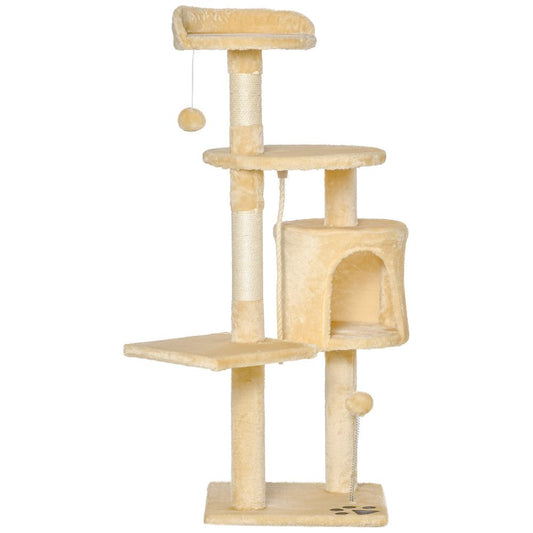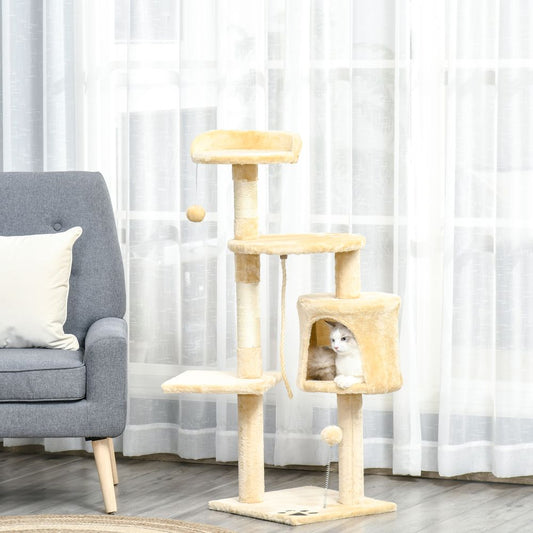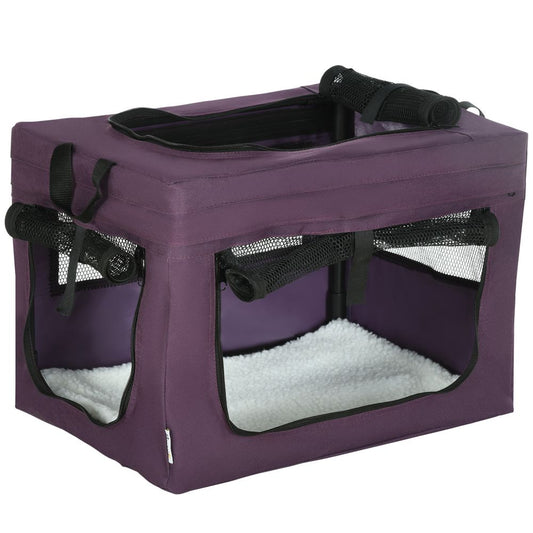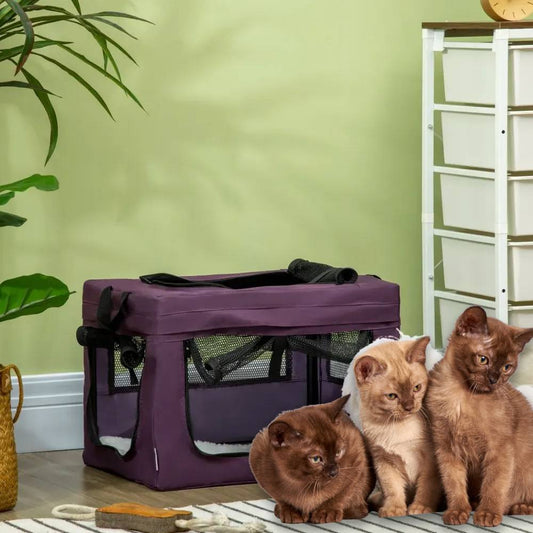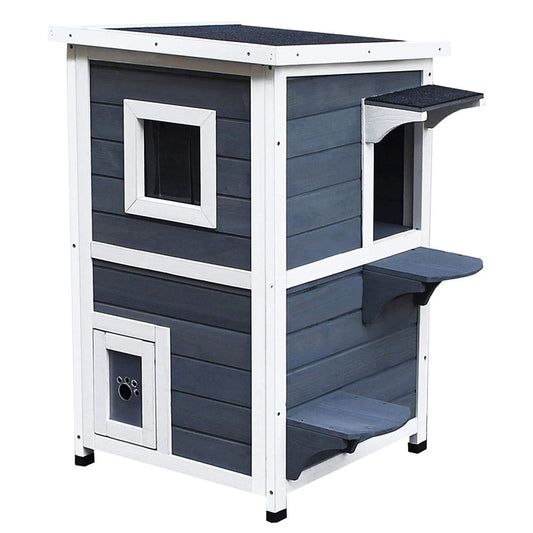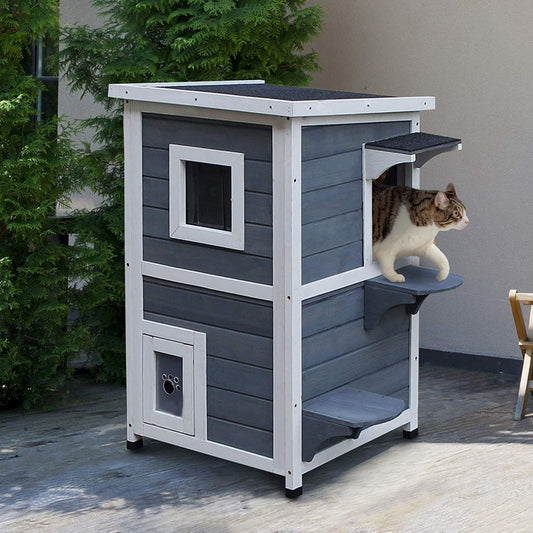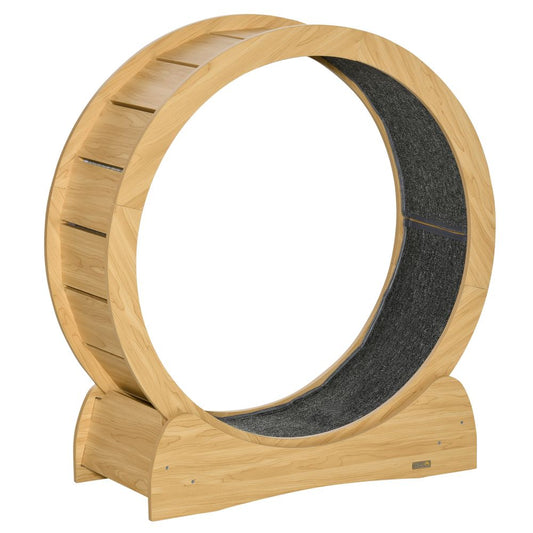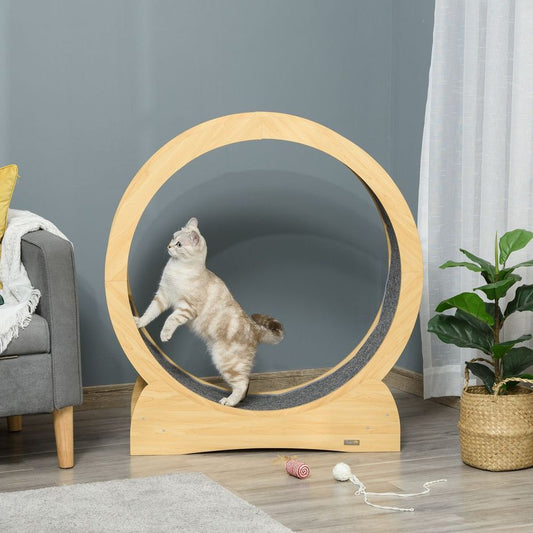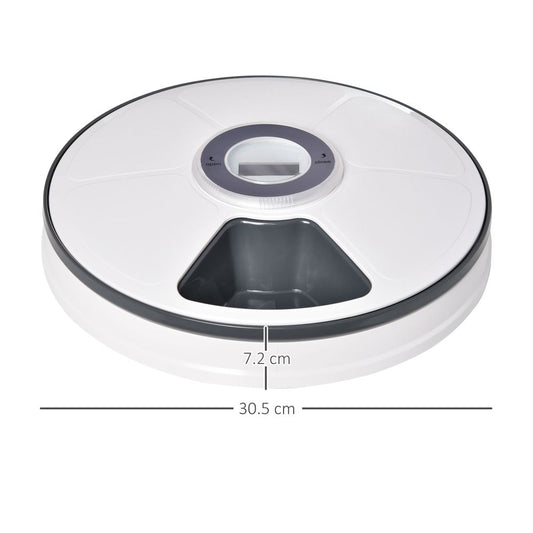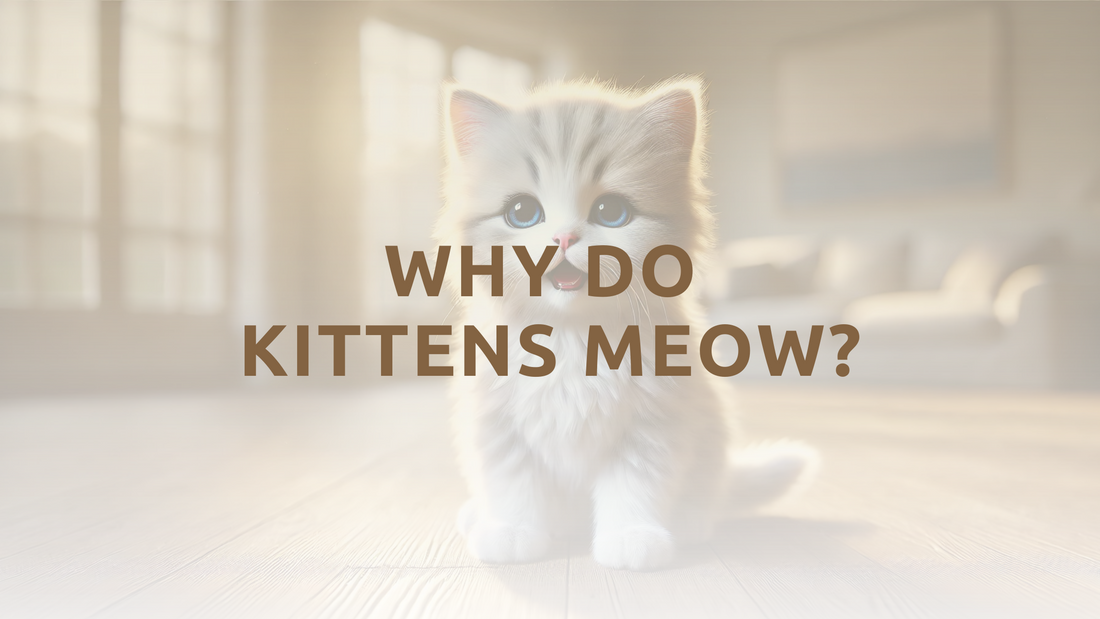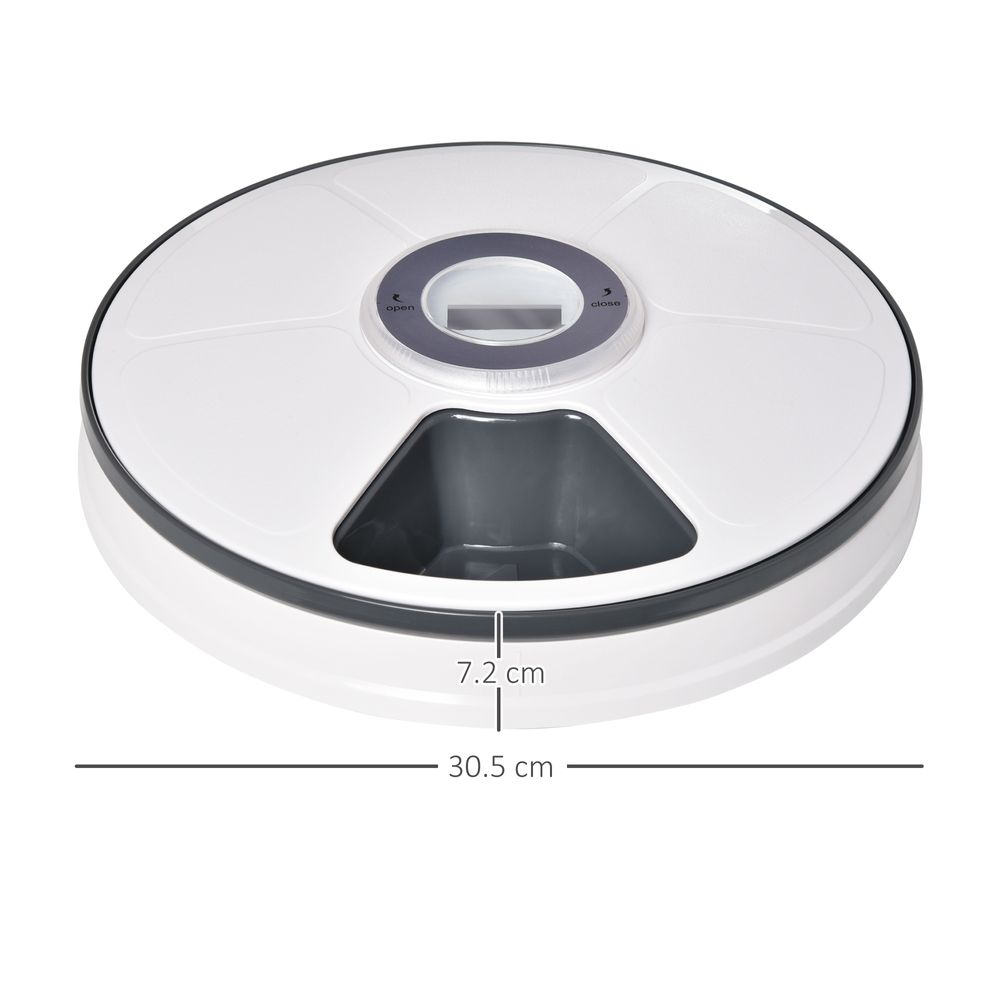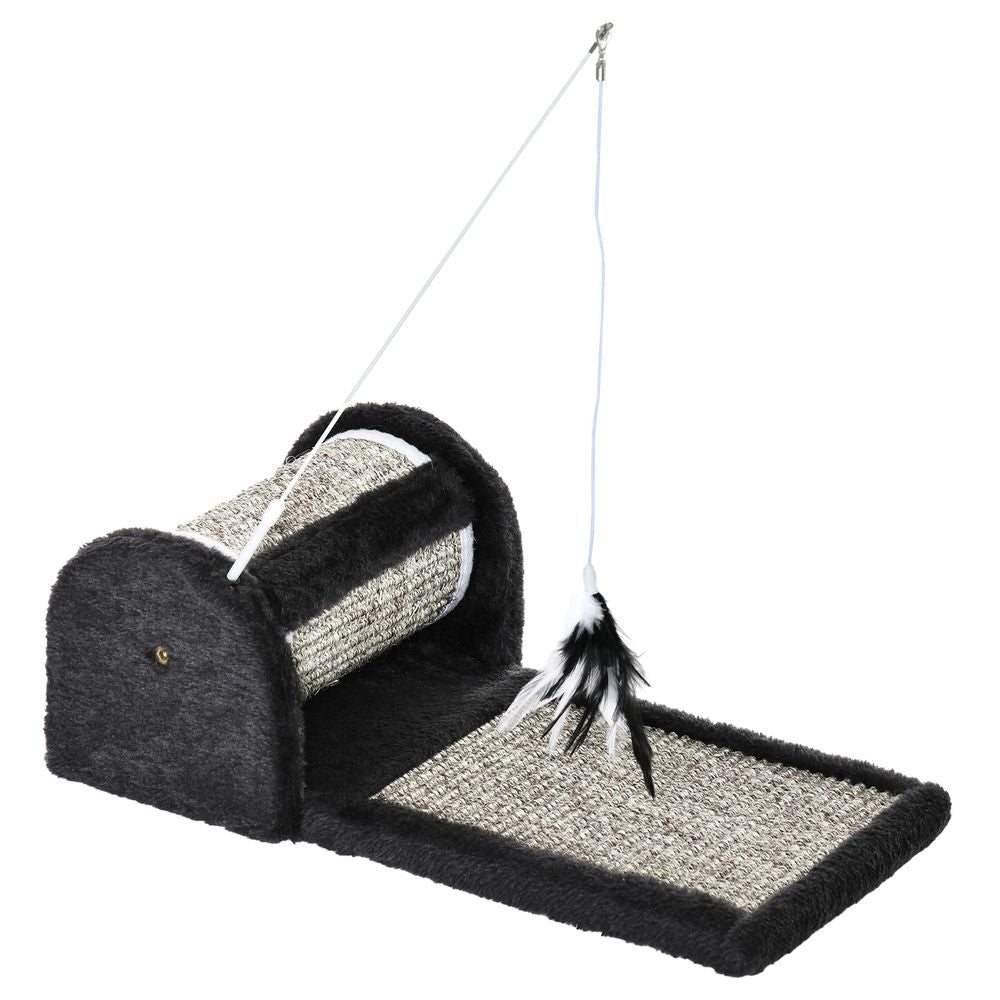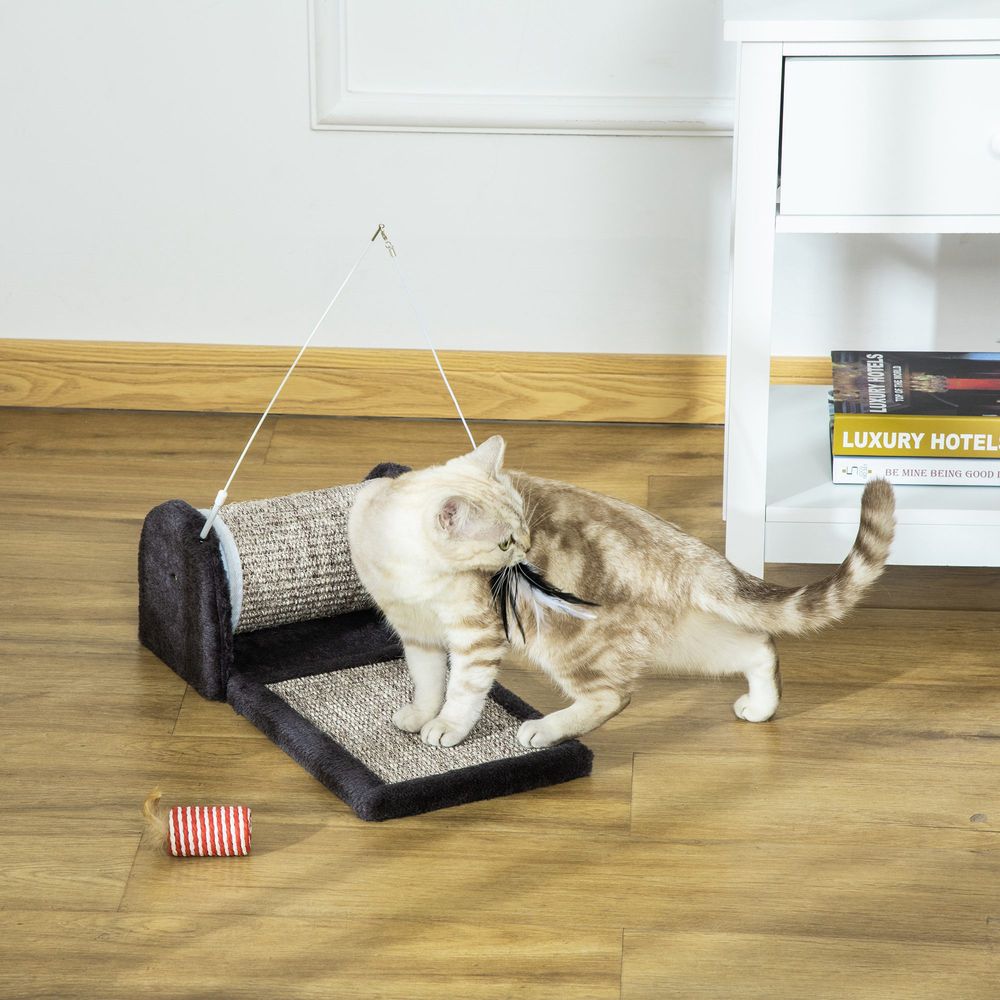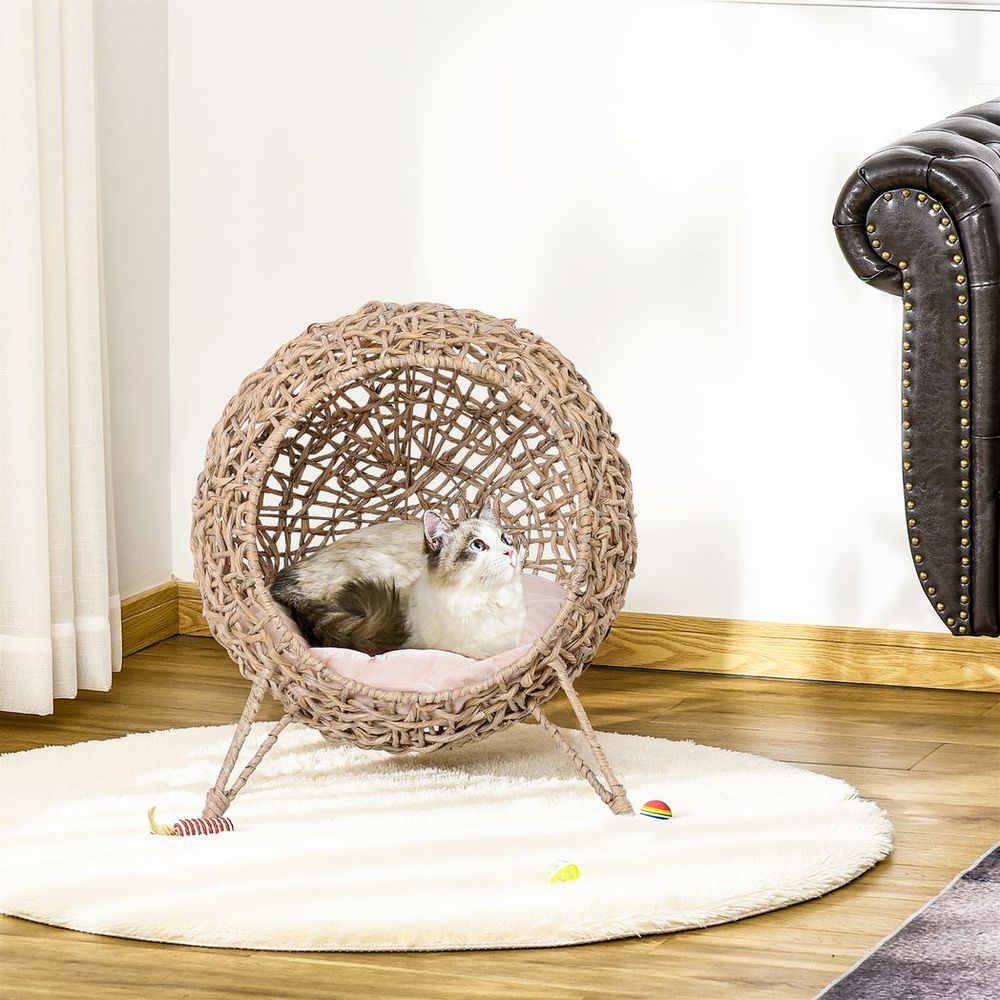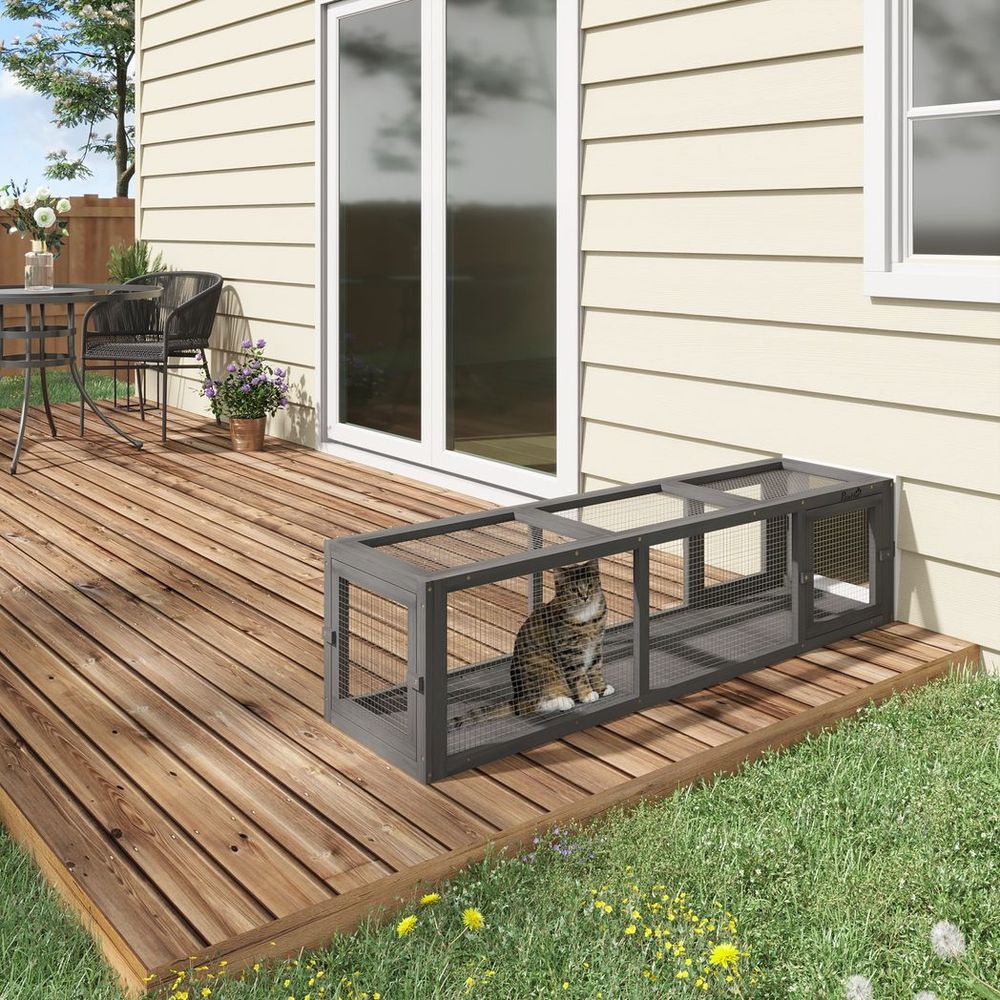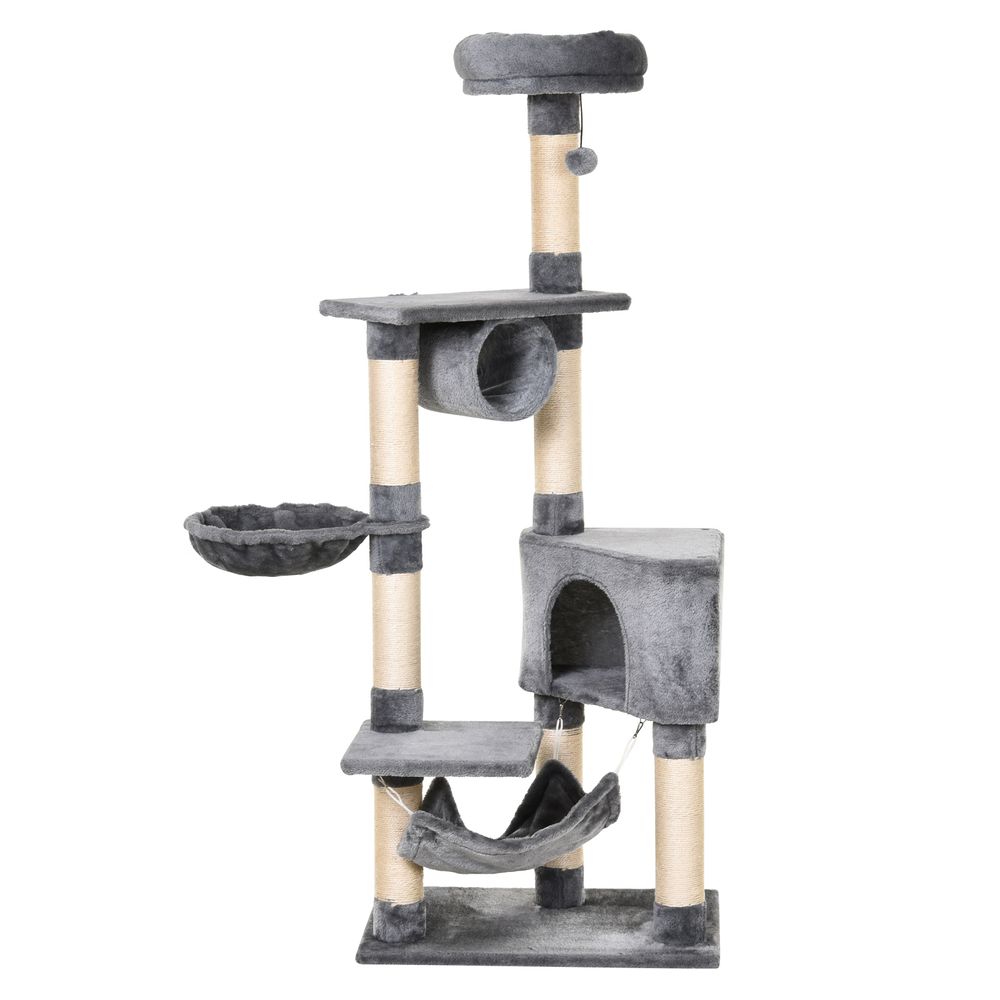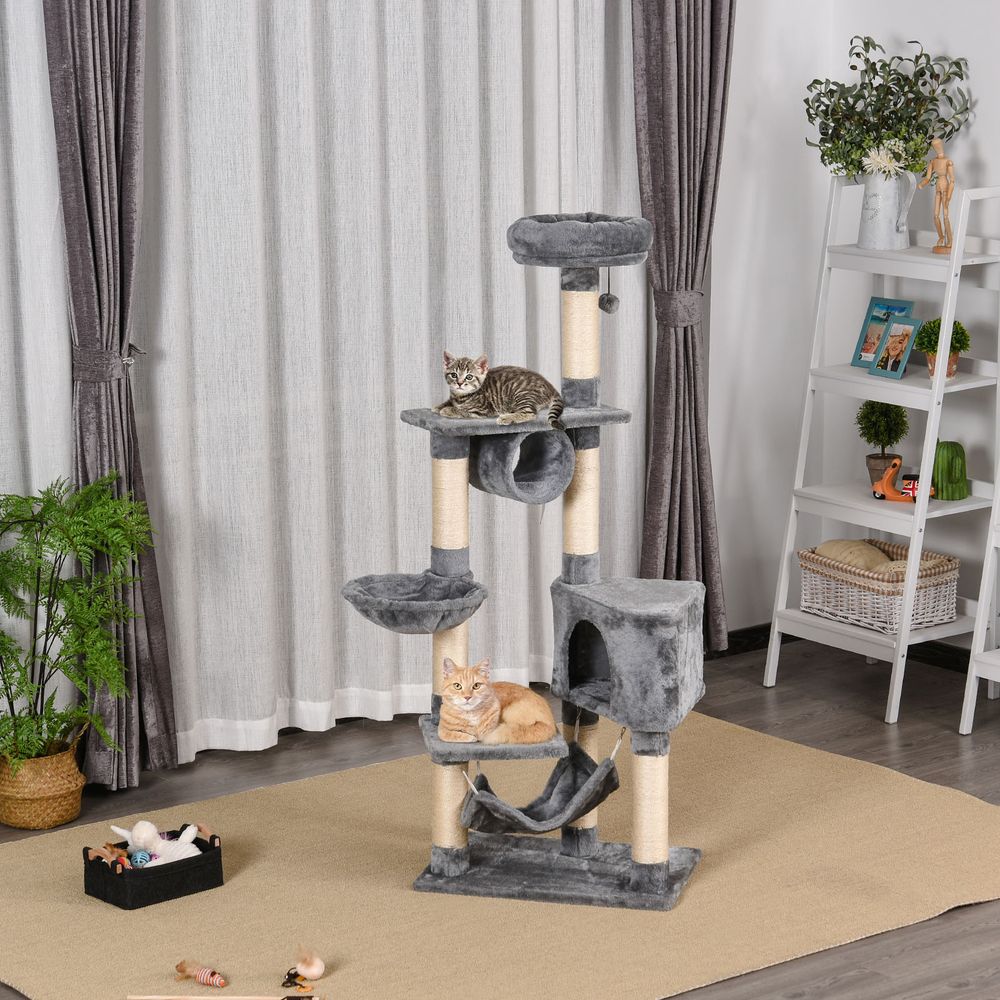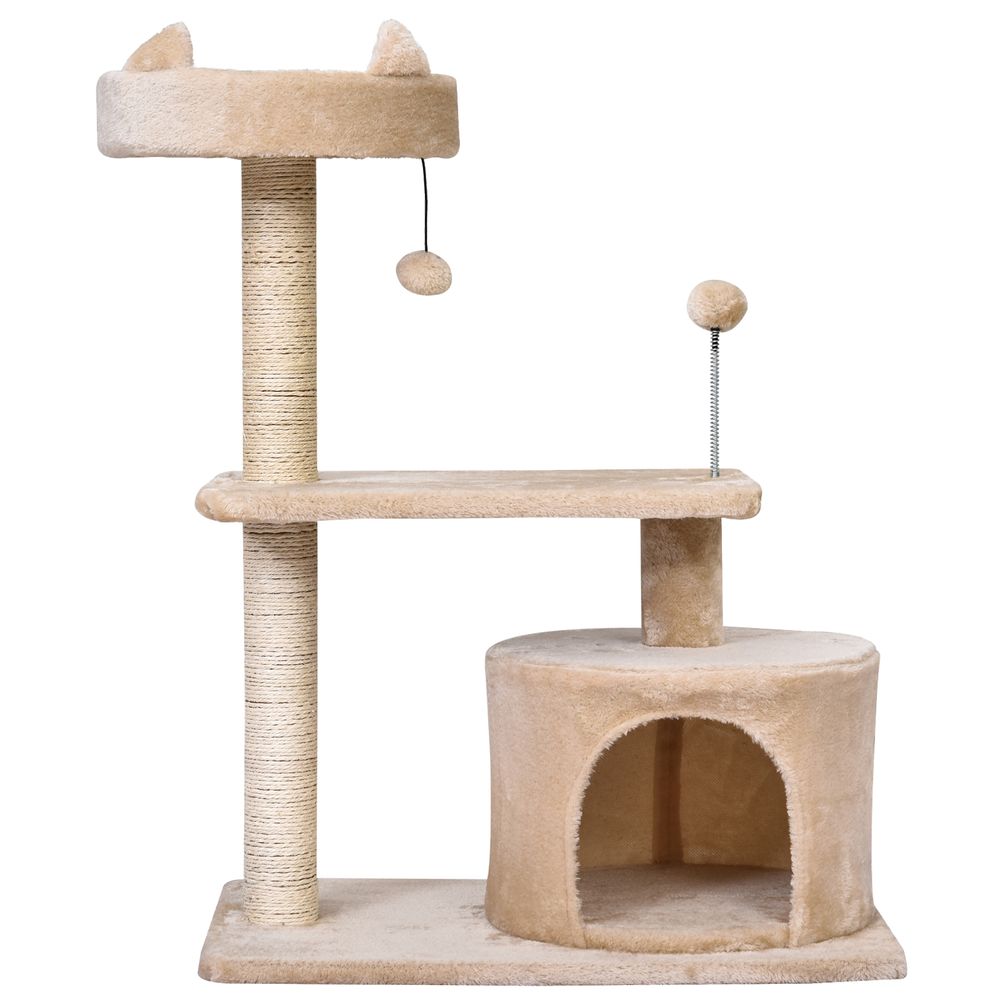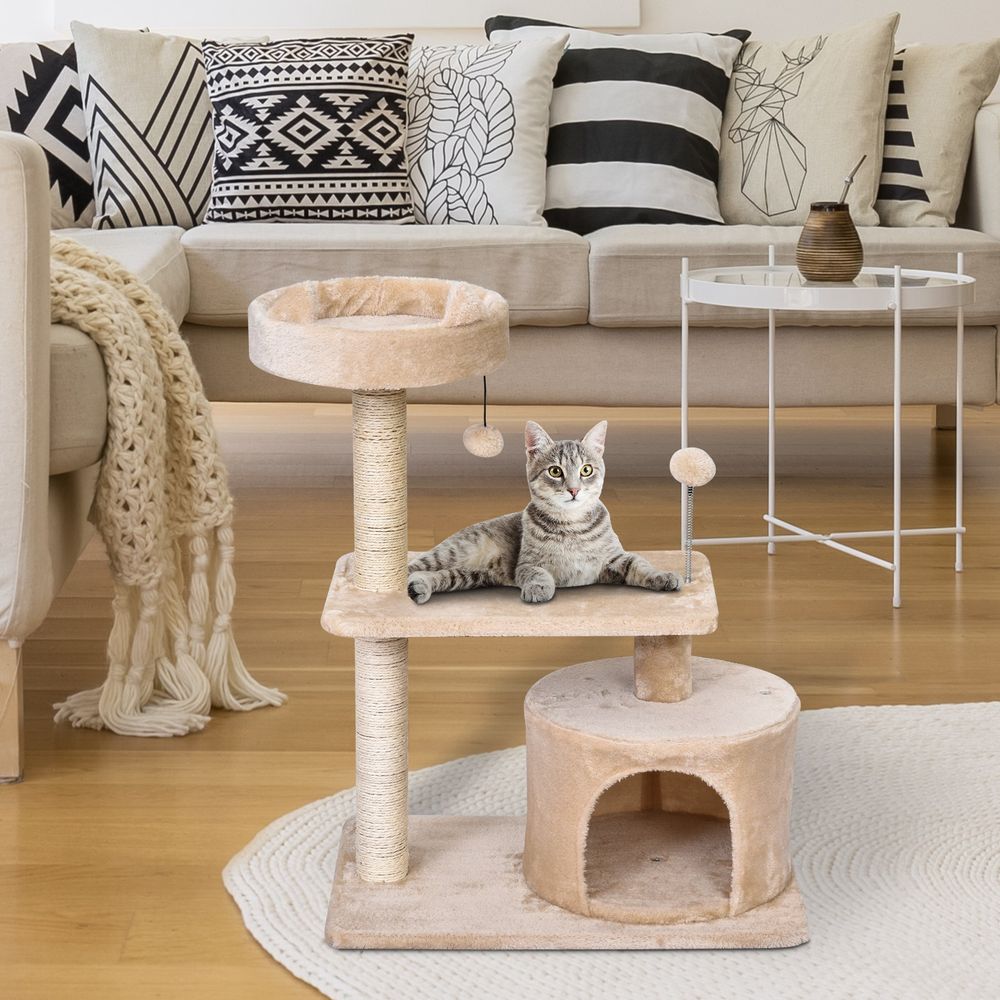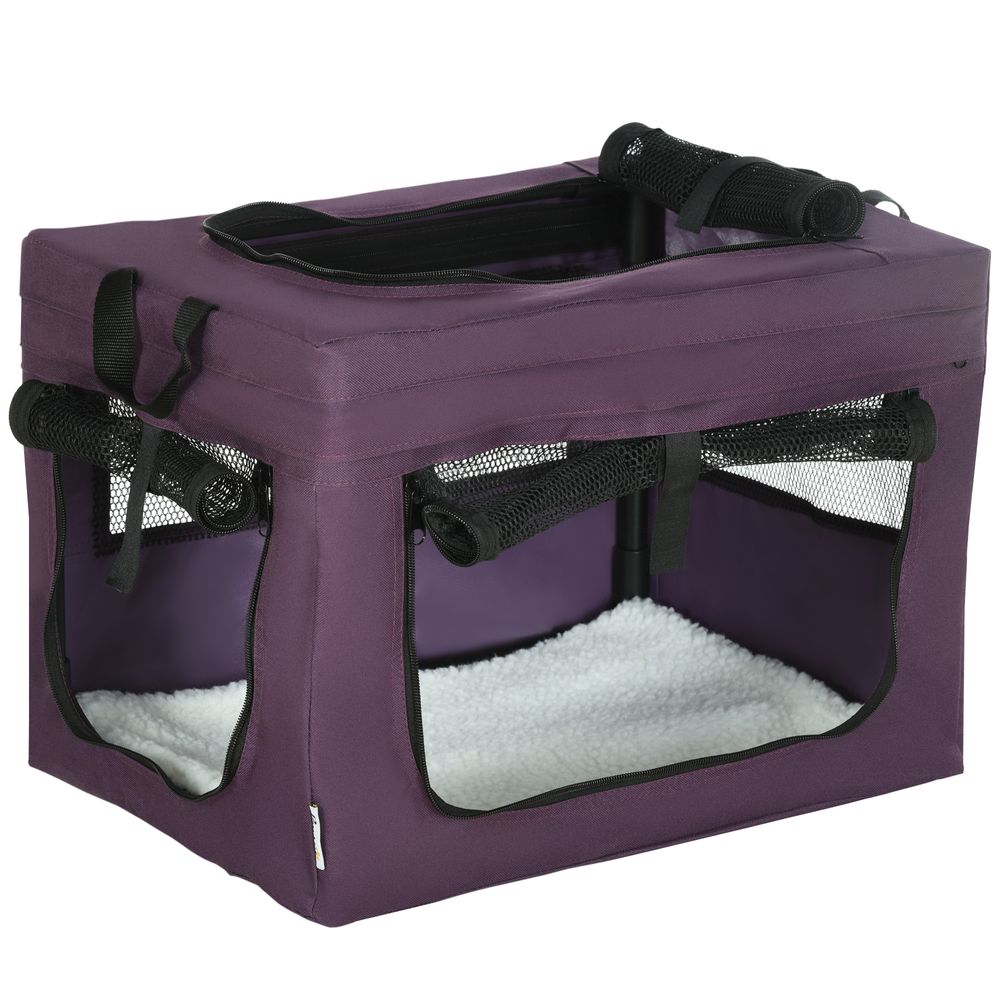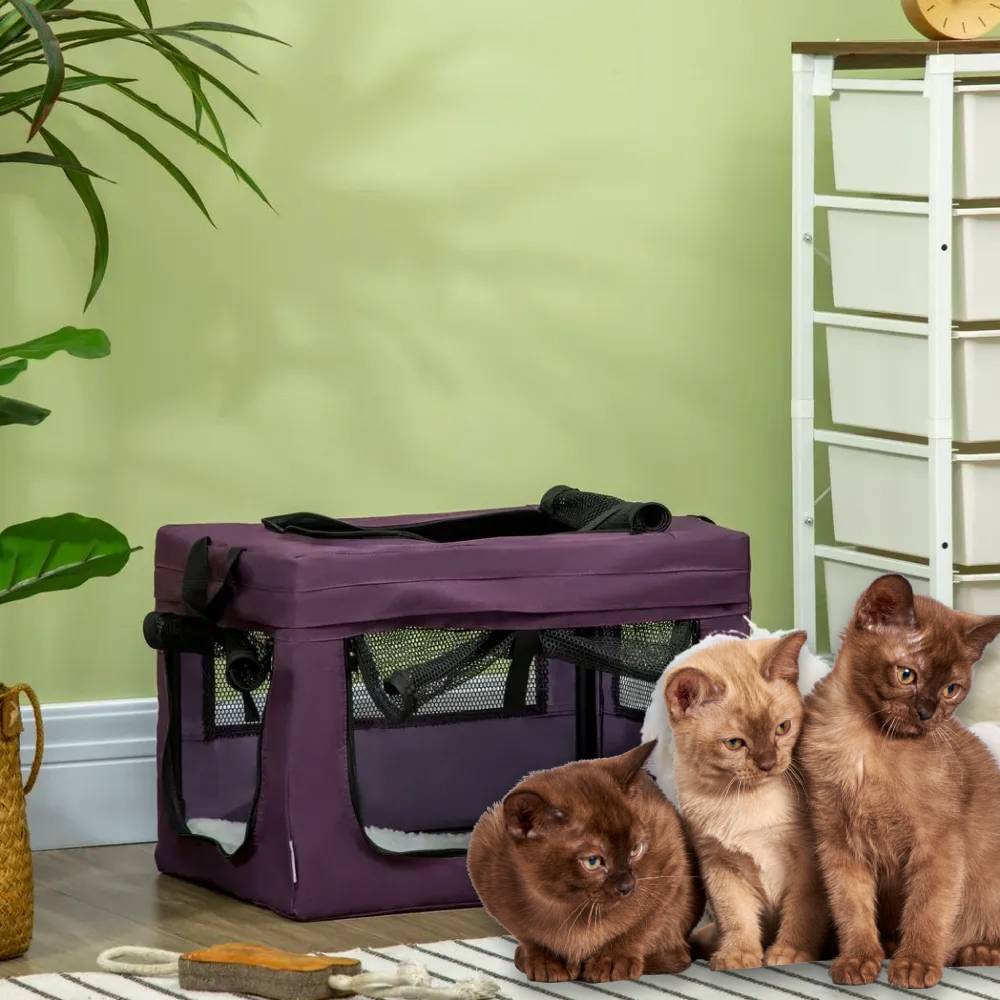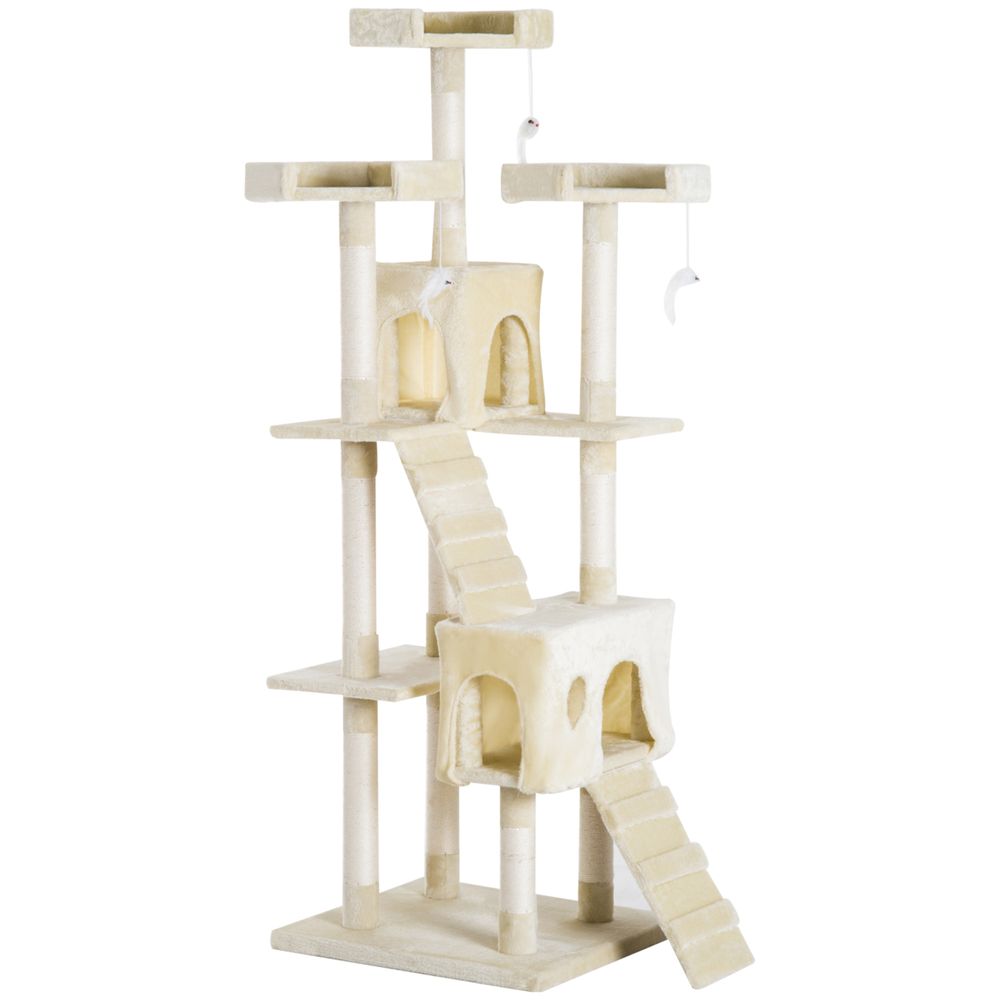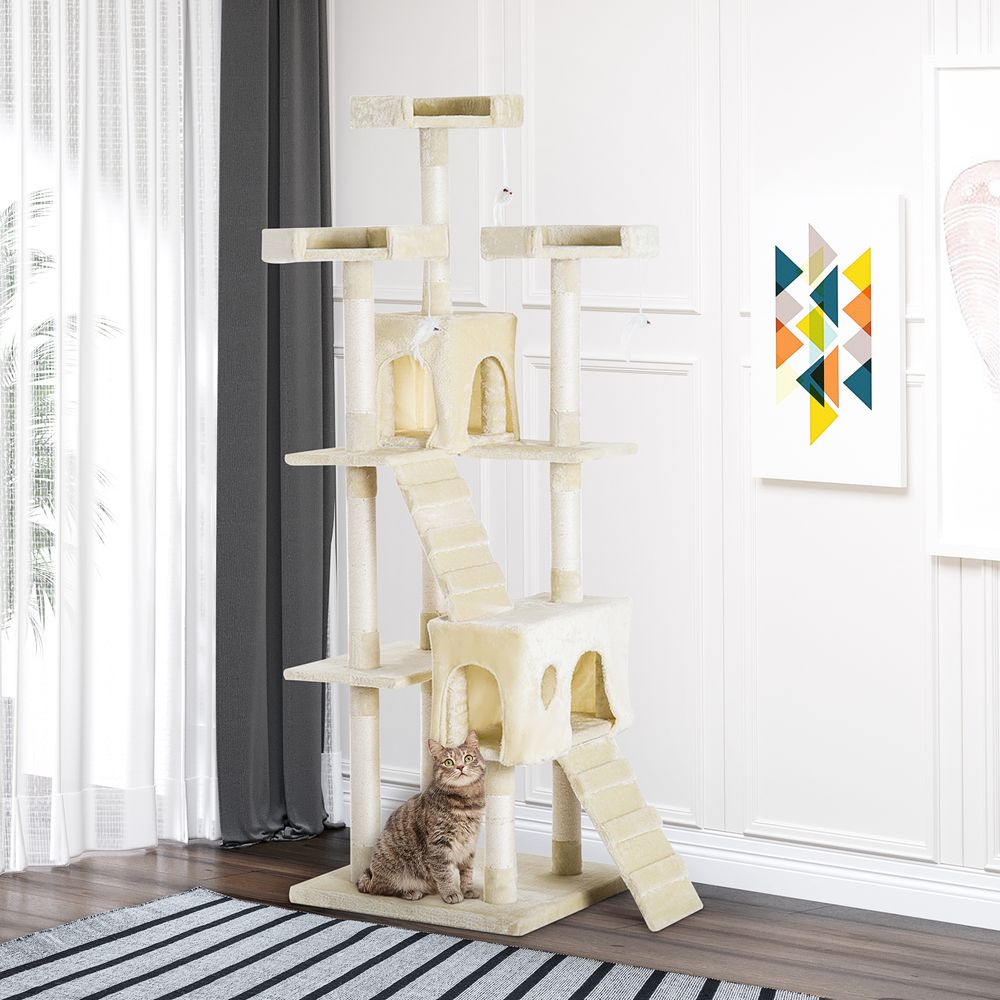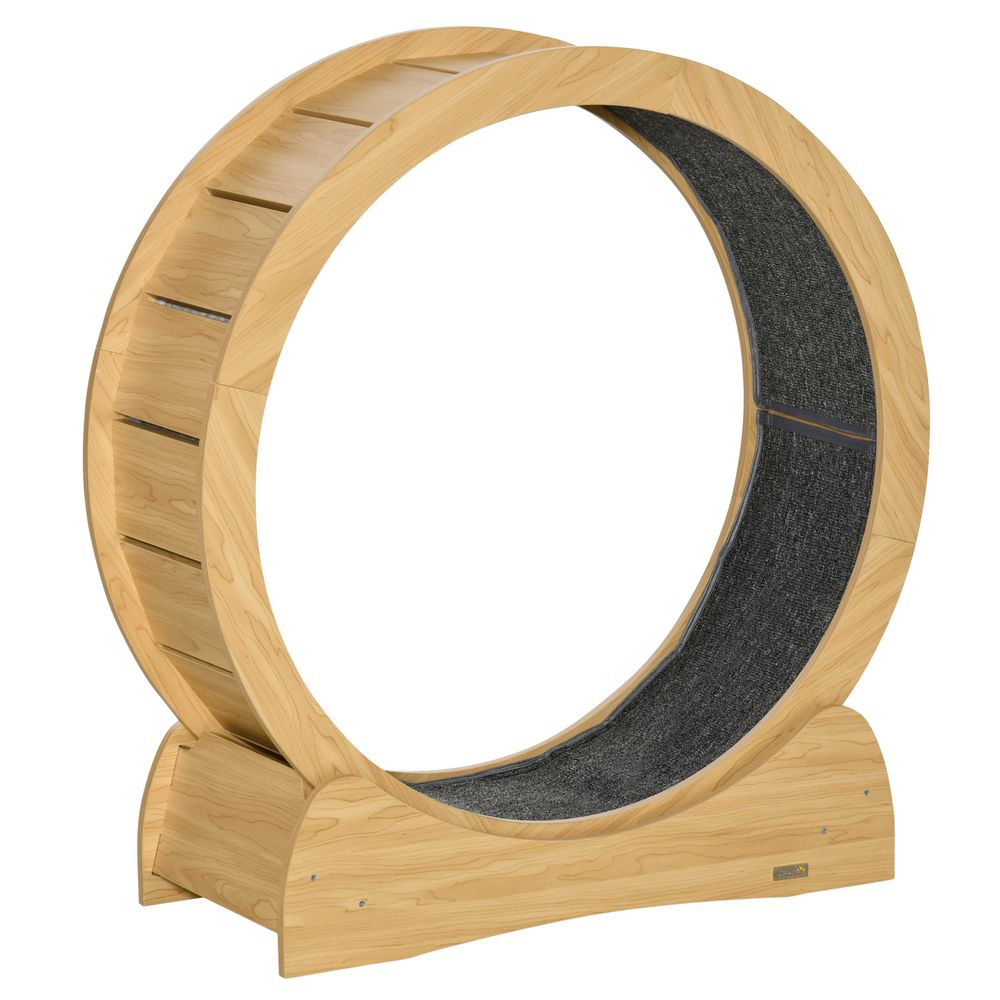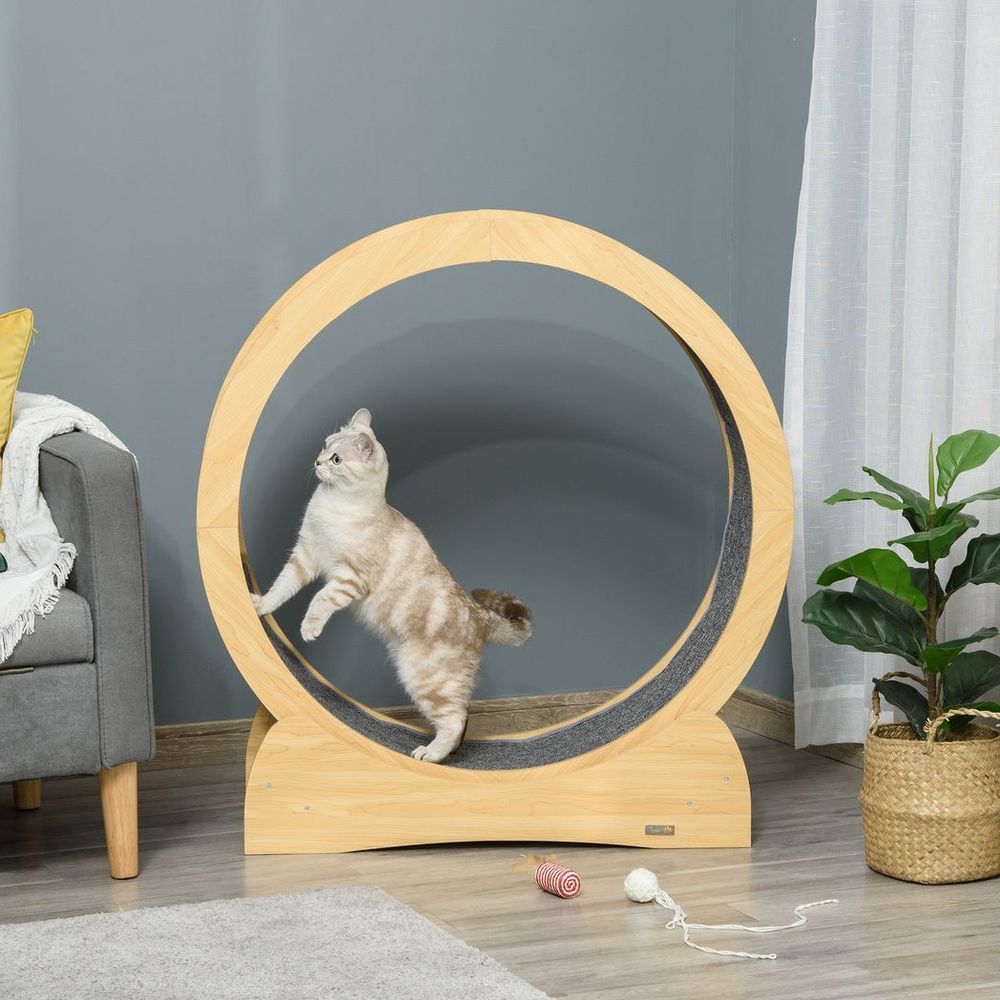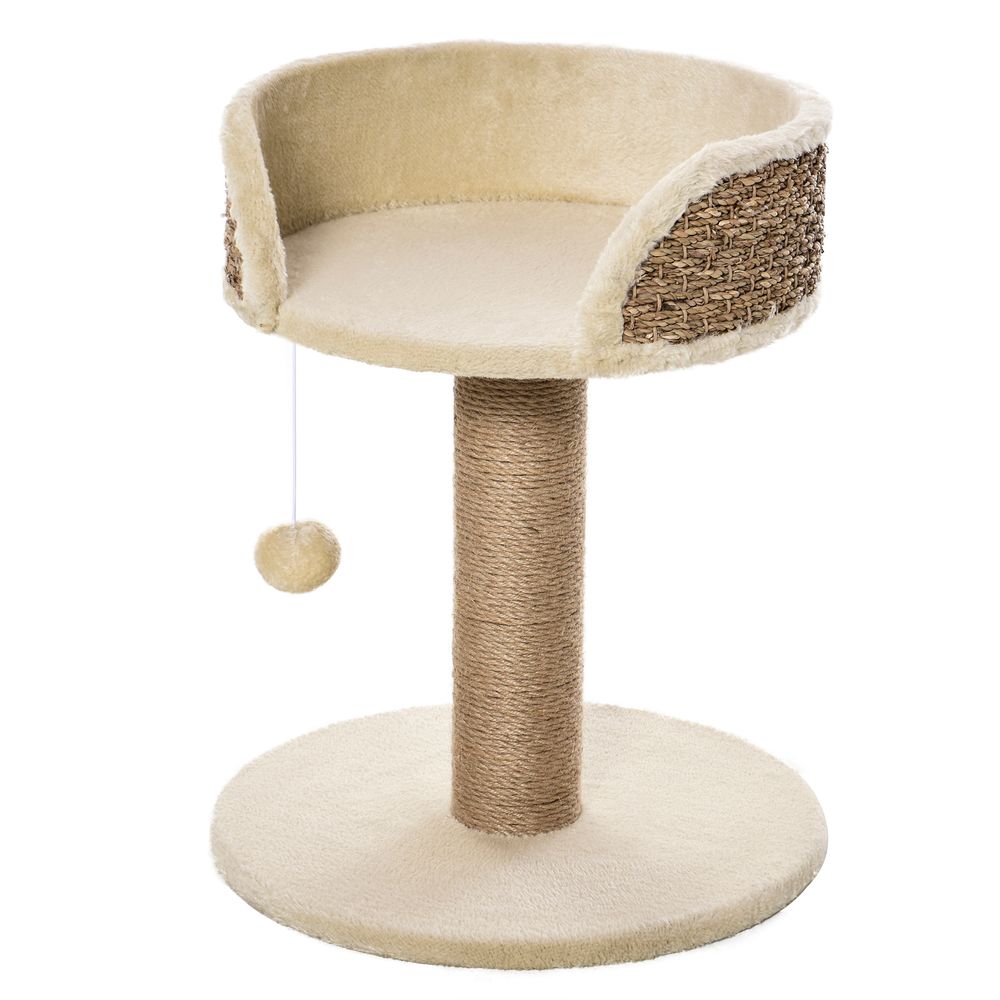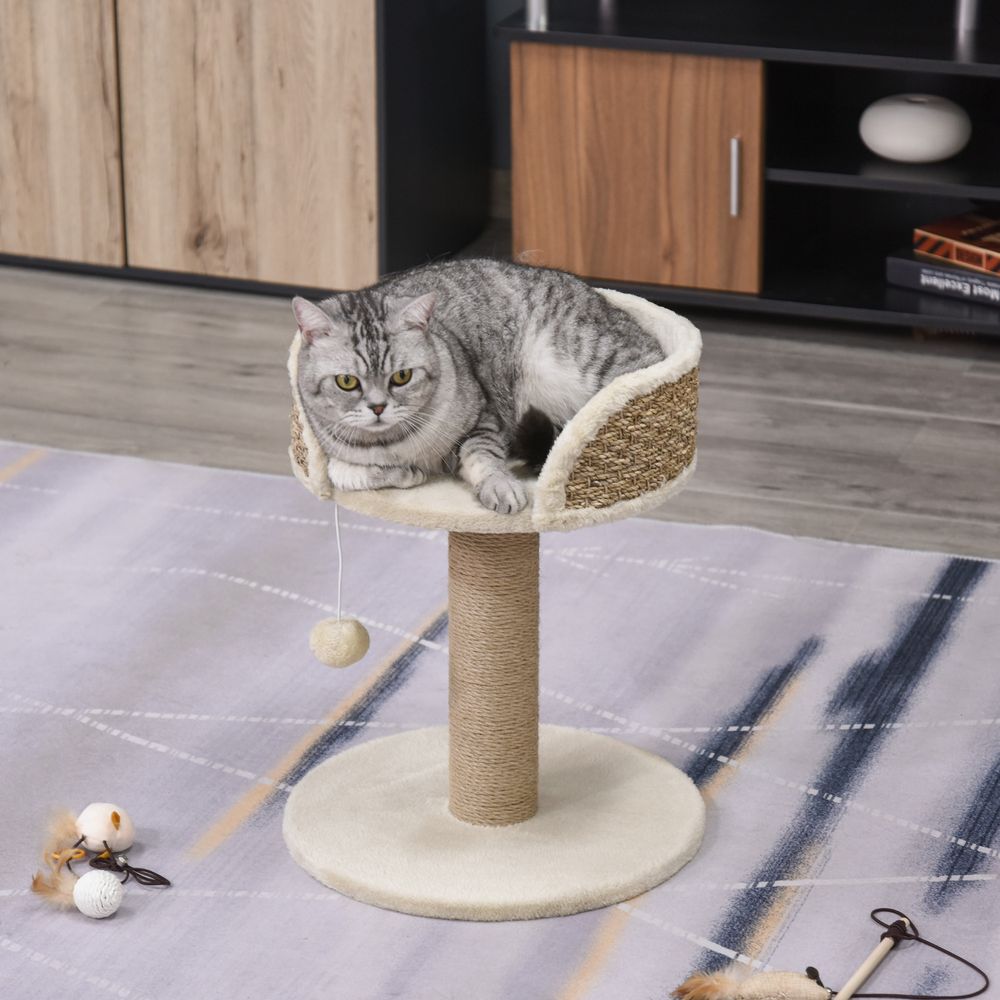Why Do Kittens Meow?
Kittens are adorable, tiny creatures with big voices. Their meowing often raises questions among cat owners: what are they trying to say?
Is it just for attention, or is there more to it?
In this blog, we’ll explore why kittens meow, how their meows change as they grow, and how you can respond to their needs effectively.
Understanding Kitten Meows
Kittens meow for various reasons, but the root cause is often communication.
Unlike adult cats, kittens rely heavily on vocalisations to express themselves.
Vets suggest that meowing is a survival instinct. In the wild, kittens meow to alert their mothers of their needs, such as food, warmth, or protection.
Why Do Kittens Meow So Much?
Kittens meow for several reasons, including:
- Hunger: A meow often signals it’s feeding time.
- Comfort: They meow when seeking warmth or reassurance.
- Attention: Kittens meow to interact with their human caregivers.
- Stress: New environments or changes can lead to more frequent meowing.
- Exploration: As they discover their surroundings, meowing may express curiosity.
Explore our collection of kitten essentials to keep your little one comfortable and happy.
How Meows Change as Kittens Grow
Kittens meow more frequently than adult cats. Their vocalisations evolve as they age:
From birth to 2 Weeks
- Kittens are blind and deaf at birth.
- Meows signal basic needs like warmth and food.
- They meow to communicate with their mother.
2 to 6 Weeks
- Meowing becomes louder and more distinct.
- Kittens start meowing to interact with their littermates.
6 to 12 Weeks
- Meows are used to explore and communicate with humans.
- Kittens become more vocal about their preferences.
Common Reasons for Meowing
1. Hunger
Kittens often meow when it’s time to eat. Their high-pitched cries are designed to grab attention.
What to do: Feed them small, frequent meals. Use kitten-friendly food to support their growth.
Kittens meow when they feel cold or lonely. Meowing helps them find warmth and reassurance.
What to do: Provide a cozy bed in a quiet, warm spot.
Explore our cat beds designed for ultimate comfort.
3. Stress or Anxiety
New environments or loud noises can make kittens anxious, leading to more meowing.
What to do: Give them time to adjust and offer a safe space to hide.
4. Wanting Attention
Kittens meow to interact with you. They crave attention and love.
What to do: Spend quality time playing or cuddling with your kitten.
How to Respond to Kitten Meows
Responding appropriately to your kitten's meows helps build trust and ensures their needs are met:
- Listen and Observe: Pay attention to the pitch and frequency of their meows.
- Meet Their Needs: If they’re hungry, feed them. If they’re cold, provide warmth.
- Avoid Overreacting: Excessive attention might encourage unnecessary meowing.
- Encourage Quiet Time: Use soothing tones to calm your kitten.
Do Kittens Meow at Other Cats?
Interestingly, kittens rarely meow at other cats. Meowing is primarily reserved for communicating with their mother or human caregivers.
As they grow, they use body language and other sounds, like purring or hissing, to interact with other felines.
Inspiring Quote About Kittens
“Kittens are angels with whiskers.” – Alexis Flora Hope
Final thoughts on why kittens meow
Kittens meow to communicate their needs and feelings, whether it’s hunger, comfort, or curiosity. By understanding their vocalisations, you can respond effectively and build a strong bond with your little furry friend.
It is important to stay educated and be aware of why they meow, especially if you're not experienced with kittens. Consider contacting a vet or asking family and friends who own cats for their advice too as it may resonate with you a lot more.
Want to learn more about caring for feline friends? Check out our latest kitten care blogs.
Ready to Meet Your Kitten’s Needs?
Explore our range of kitten products designed to support their growth and happiness.
As Cat owners, we at Tinytown.shop understand that just like each of us, that every cat is also unique. That's why we are passionate about giving you tips and tricks to help create cozy and playful spaces for your cat.





